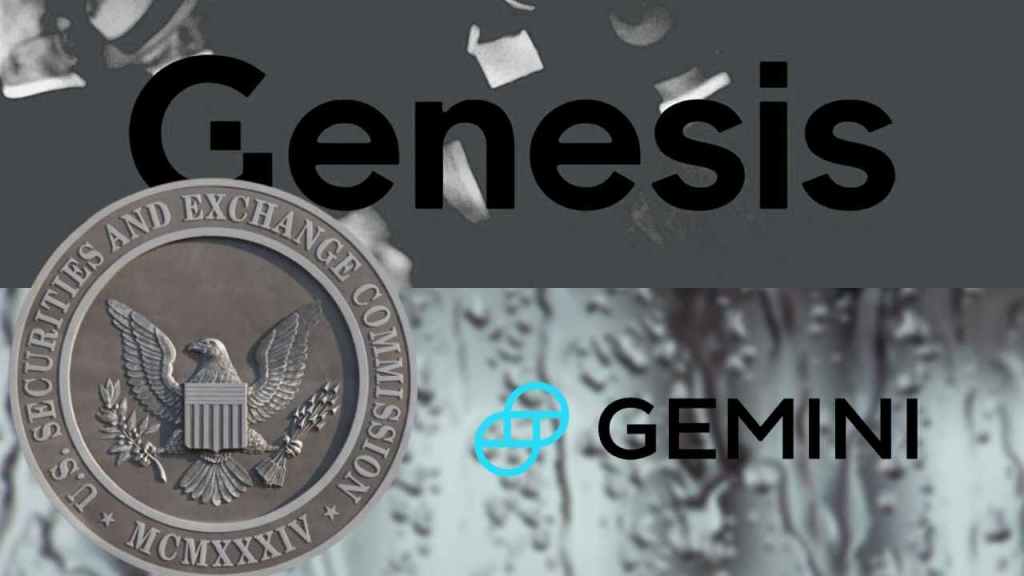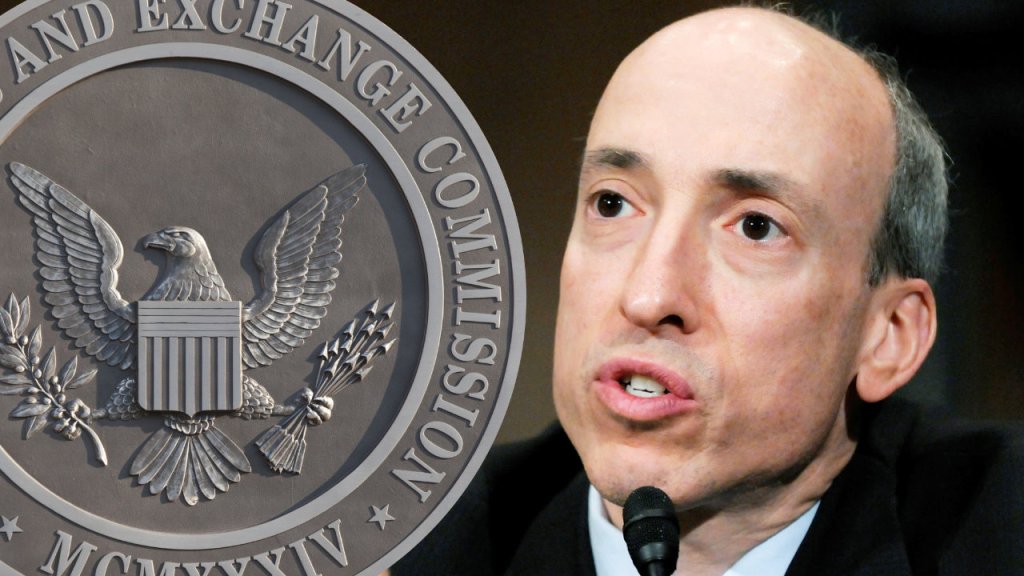Experts say the SEC’s recent accusation over a lending product is a warning shot for similar cryptocurrencies. The sanction action against Gemini and Genesis also leaves questions unanswered about whether the underlying crypto can be considered a security.
SEC’s move signals a warning on these cryptocurrencies
The Securities and Exchange Commission’s (SEC) latest accusation against cryptocurrency exchange Gemini and crypto firm Genesis for its lending product is another warning to the industry on yielding accounts. The US regulator accused Gemini and Genesis of offering and selling unregistered securities to retail investors through a Gemini crypto lending program on Jan. This program was the subject of a public lawsuit between Cameron and Tyler Winklevoss of Gemini and Barry Silbert, president of Genesis’ Digital Currency Group. Alex More, partner of Carrington, Coleman, Sloman & Blumenthal, explains:
It creates a warning signal on cryptocurrencies, which also offer yielding products for other exchanges and actors in the crypto space.

“This makes it clear that the law must be obeyed!”
cryptocoin.com As you follow, Gemini ended its Gemini’s Earn program earlier this month. The SEC said on Thursday that individual investors in Gemini Earn were unable to withdraw their holdings. SEC Chairman Gary Gensler noted that these accusations and others last week made it clear that crypto lending platforms and other intermediaries must comply with securities laws.
In response to the claim, Gemini co-founder Tyler Winklevoss said, “We can’t wait to defend ourselves against this fabricated parking ticket. And we will make sure that this does not distract us from the important rescue work we are doing,” he tweeted. A spokesperson for the Digital Currency Group (DCG) declined to comment on the accusations.
Michael Piwowar, vice president of finance at the Milken Institute and a former Republican SEC commissioner, said the SEC claims the Gemini Earn program constitutes a securities offering and selling. “The nuance is that the SEC does not claim that the underlying crypto-assets are themselves securities,” Piwowar said.

Will lending end without more credibility?
This isn’t the SEC’s first accusation against a crypto lending firm. BlockFi settled with the agency for $100 million in February before filing for bankruptcy. It also said it would stop its unregistered offerings and sale of the lending product.
Zachary Fallon, a partner at Ketsal, a law firm specializing in the fintech and digital asset industries, says the SEC’s move last week is another warning for crypto companies interested in lending and product return. Fallon explains:
SEC action this week against Gemini and Genesis is nothing new. Also, this is in line with some of its previous actions in the industry, including BlockFi. That said, the crypto-focused lending business among institutions will likely continue. However, this latest action will discourage market participants from the idea that retail-focused crypto loan products can be offered in the US without complying with securities laws.
Other exchanges have tried to move forward with a lending product. Crypto exchange Coinbase was planning to launch its own crypto lending product, but gave up on it in September 2021 in light of the SEC’s view that it would constitute a security. Christopher LaVigne, head of U.S. litigation at the law firm Withers and co-head of Withers’ Global Digital Assets Practice, said, “Places that offer these types of programs will constantly be targets for them. They also need to do an accurate legal and risk assessment if they are going to present them,” he says.

“SEC has a broader view on cryptocurrencies”
Michael Piwowar considers it remarkable that the SEC has not made any claims in this case as to whether the underlying crypto is securities. But he adds that the agency may still make these claims in other cases. “This means they don’t think they need to put forward these arguments for this case,” Piwowar says.
Christopher LaVigne also says that the action is a reminder that the SEC has a broad view that nearly everything in the crypto industry should be subject to its regulatory regime. In this context, he says, “They want to be the main regulator.”







